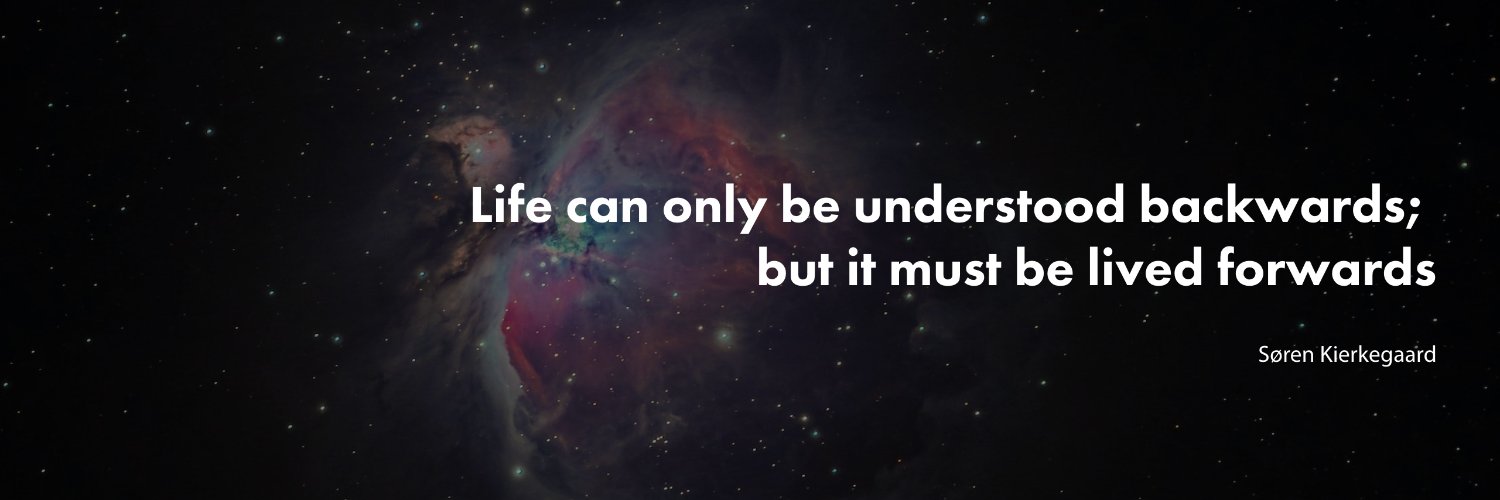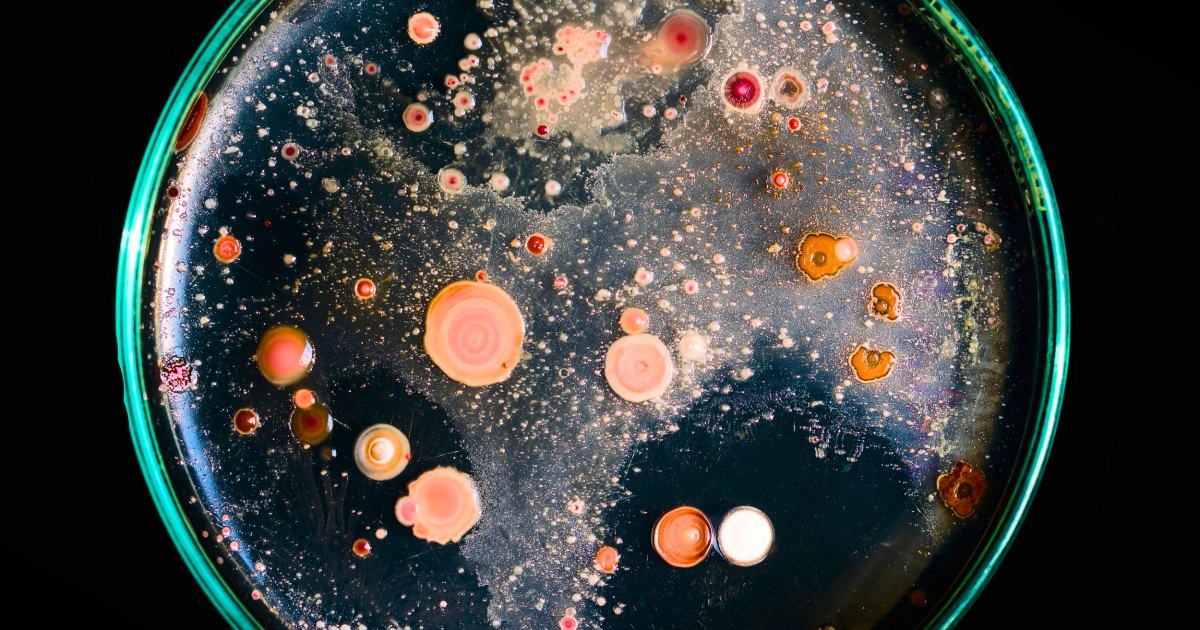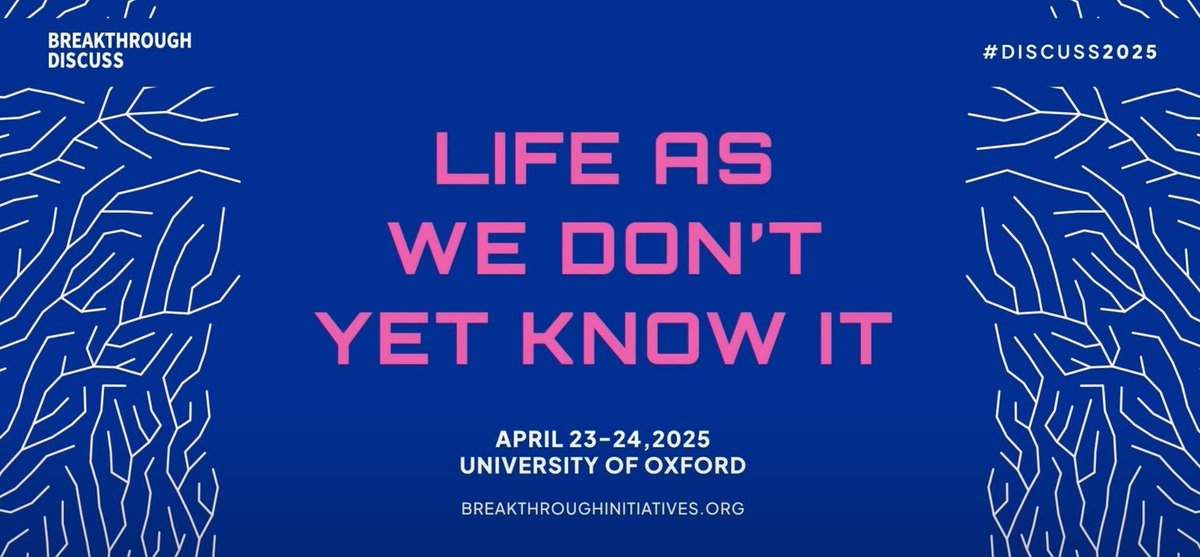
Ancient Biology
@KacarLab
Origins & Early Life Laboratory at the @UWMadison Account managed by the lab. 🦋 ➡️ https://bsky.app/profile/kacarlab.bsky.social
🧪🪐 Big week for ancient nitrogen! Checkout these three papers from our lab: 1️⃣ Rucker et al.: Engineered ancient nitrogenases to trace 2 billion years of biosignature reliability ➡️biorxiv.org/content/10.110…
A day to remember: @PBS visited our lab to film a documentary on life's history. We explored everything - microbes, ancient rocks and engineered plants & more! So lucky to share what we learn and love. Huge thanks to @UWBact and @UWMadison community for the support! Onward!




🚨 Our new Origins Chemistry Database in the spotlight! Preprint link: biorxiv.org/content/10.110…
ChemOrigins: A community curated database for origins of life chemistry 1.ChemOrigins is a new open-access, community-curated knowledge graph focused on prebiotic chemistry. It organizes over 300 experimentally supported chemical reactions linked to the origin of life,…
ChemOrigins: A community curated database for origins of life chemistry 1.ChemOrigins is a new open-access, community-curated knowledge graph focused on prebiotic chemistry. It organizes over 300 experimentally supported chemical reactions linked to the origin of life,…
🚨New preprint! Origins of life research is fragmented across disciplines. We built #ChemOrigins, a community curated searchable database of experimental prebiotic chemistry. Read ➡️ biorxiv.org/content/10.110… Visit ➡️ chemorigins.bact.wisc.edu For feedback contact: @BrZuviria!

How did life begin, and why does it matter today? Proud to be one of the organizers of a new @ASMicrobiology report supported by the @MooreFound, exploring microbial origins & how they inform biotech, climate, and search for life in the universe. ➡️ asm.org/reports/early-…
🤩 Beautiful video capturing @HypothesisFund Awardee @betulland's research on Earth's ancient microbes! We're a proud early supporter of this pioneering research, and can't wait to see what Betül discovers next! 💫
Excited to share a new Big Think + John Templeton Foundation interview featuring work from our lab: “Meet the survivors of Earth’s worst days.” @betulland unpacks how life persisted through catastrophe! @bigthink @templeton_fdn Watch here: bigthink.com/the-well/earth…
Gotta watch this
Excited to share a new Big Think + John Templeton Foundation interview featuring work from our lab: “Meet the survivors of Earth’s worst days.” @betulland unpacks how life persisted through catastrophe! @bigthink @templeton_fdn Watch here: bigthink.com/the-well/earth…
Excited to share a new Big Think + John Templeton Foundation interview featuring work from our lab: “Meet the survivors of Earth’s worst days.” @betulland unpacks how life persisted through catastrophe! @bigthink @templeton_fdn Watch here: bigthink.com/the-well/earth…

🚀 At #BreakthroughDiscuss2025 in Oxford, we explored "Life As We Don't Yet Know It". Watch Betul's lecture on how rebuilding ancient biosignatures and biological history can guide the search for extraterrestrial life. 🌌🔬 Available online 👇 youtube.com/watch?v=JHVV12…

New work: Eukaryotic origins! 🥁 We propose that iron -not oxygen- delayed the rise of complex life. Our model reframes the “oxygen delay” puzzle: the gap between atmospheric O2 and early eukaryotic fossils may reflect iron (not O2)-mediated stress: biorxiv.org/content/10.110…
What a cool idea! Lots of interesting future hypotheses about exoplanet formation and a possible addendum to the Drake equation :) Thanks for this fresh story!
Thanks to @KacarLab
New work: Eukaryotic origins! 🥁 We propose that iron -not oxygen- delayed the rise of complex life. Our model reframes the “oxygen delay” puzzle: the gap between atmospheric O2 and early eukaryotic fossils may reflect iron (not O2)-mediated stress: biorxiv.org/content/10.110…
Very original reframing. Looking forward to reading this.
New work: Eukaryotic origins! 🥁 We propose that iron -not oxygen- delayed the rise of complex life. Our model reframes the “oxygen delay” puzzle: the gap between atmospheric O2 and early eukaryotic fossils may reflect iron (not O2)-mediated stress: biorxiv.org/content/10.110…